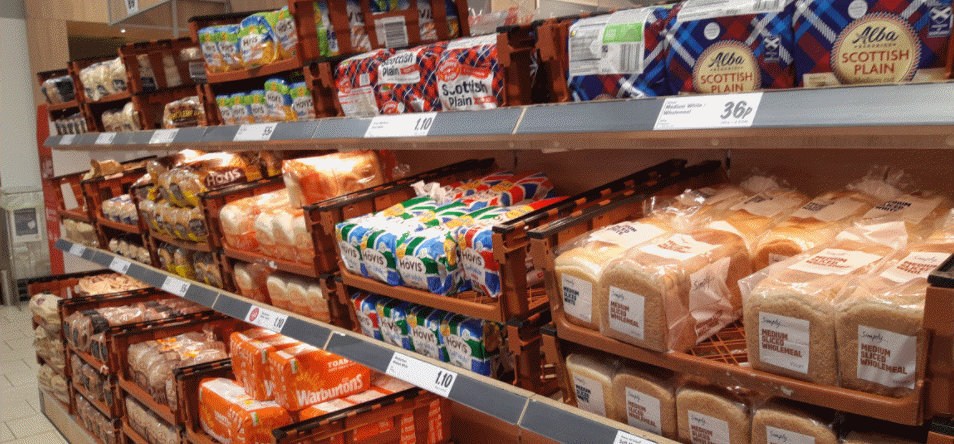By Mark Langabeer, Hastings and Rye Labour Member.
This week’s BBC Panorama special asked the question, ‘why is food so Expensive”. The programme presenter, Kate Quilton, was looking at why food prices have gone through the roof. In fact, food prices have risen at the fastest rate in 42 years.
The average household annual increase in food prices is currently £682. Quilton noted that the cost of fertiliser has risen by 30%, diesel fuel by 45%, but and labour only by 6%. Brexit has also contributed to rises, due to a shortage of labour in agriculture.
The programme reported that food prices, on average, have risen by 14-17% during the course of this year, well over the official rate of inflation of just over 10%. The less well off you are, the bigger the proportion of your income goes on food.
Quilton made the point that 80% of British people do their food shopping in supermarkets, dominated by the big three, Tesco, Sainsbury and Asda. These made over £3bn in profits last year. Tesco have also followed a growing trend towards local convenience stores, as Tesco Express. The local stores are more expensive than the main stores, so shopping only in the ‘Express’ stores – and bear in mind this is all that might be available to less-well off families without a car – will cost annually £300 more. Other big name brands have lost ground to the big three brands because they are usually more expensive. The discount store, Aldi, for example, have replaced Morrison’s as the fourth largest supermarket.
The Russian invasion of Ukraine has resulted in a 50% increase in wheat prices because these two countries combined would normally export 30% of the world’s supply of grain. But another important cause of rising prices is speculation on food related commodities on the world commodities markets, including by hedge funds and banks, some of whom make more money when prices rise.
Seven million people are eating less food
Int the UK already, according to the Food Foundation, seven million people are either eating smaller portions or skipping meals altogether. Panorama used the example of Walton, in Liverpool, one of the most deprived areas in the UK. Here, a co-founder of a Walton food bank told the programme that the number of people using their ‘pantry’ had increased from 500 to 7,000, an astonishing rise. In addition, we were told, 60% of the regular users were actually in work and they included nurses, postal workers and firefighters.
The programme interviewed a GP who expressed his worries about the increasing impact of high food prices on health issues. Quilton then interviewed a professor at City University, London and an expert on food policy. He stated bluntly that the ‘era of relatively cheap food’ was over. Unless there are measures taken to counter price rises, he said, health inequality would increase. He also added – and I agree with this – that the availability of food at reasonable prices should be a measure of whether or not we live in a decent society.
Yet here we are, expecting yet another round of Tory austerity. Something that will increase food poverty and health inequality. We desperately need a Labour government, but one committed to socialist policies, to offer hope and an alleviation of food poverty for all.
Monday’s programme is still available on BBC i-player here.



